





The Magic of Connection | WILLOW BULLINGTON
Where Do We Go from Here? | MADERLIN WENG LIFE IN THE SCREEN | SIDNEY LONDON
To The People We Never See Again | ANNA THORNLEY
Not For Everyone | SUZANNE CROW Kill Yr. Idols: What it means to be in an idol in the Digital Age | HILARY HAGEN
When we set out to create this issue, the theme of escapism came naturally because it’s an idea that has perforated so much of our college experience. Living through the pandemic and transitioning back into normal life, people need an outlet to escape the turmoil of our own world and that comes in many different forms—from video games to music to literature to fantasy and beyond. Sometimes we need to stand outside our own realm of existence and each shoot tells the story of the worlds we escape to when we feel there is nothing else left.
Each one of these little universes touches upon a part of reality from which we are trying to escape, whether it be our own self image, mental health, reinvention, or love. Both literally and metaphorically, escapism is a natural part of human existence and through this issue we wanted to delve deeper into the psyche of humanity by exploring the details of what makes this escape so enchanting.
~Abby Balter, Creative Director
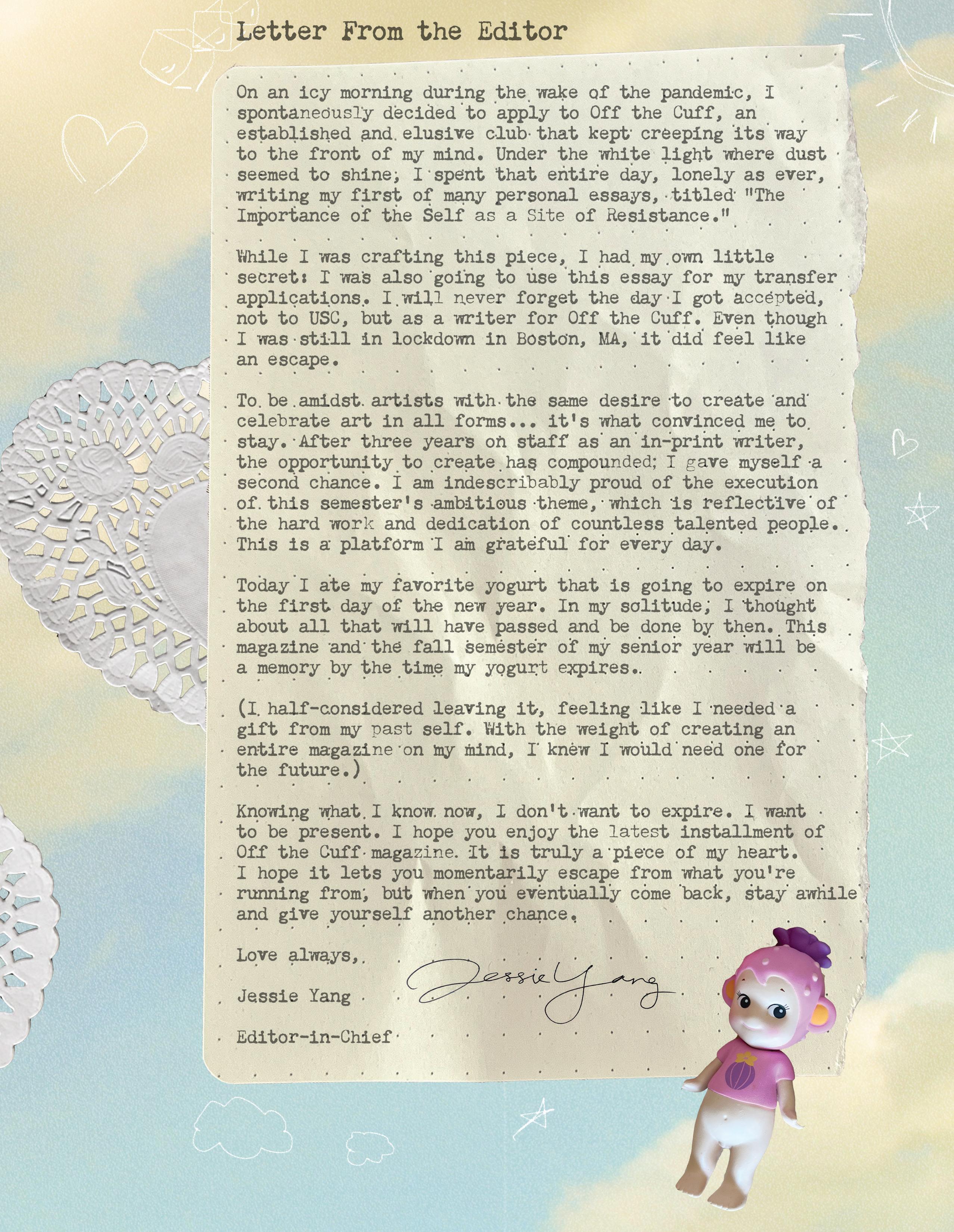



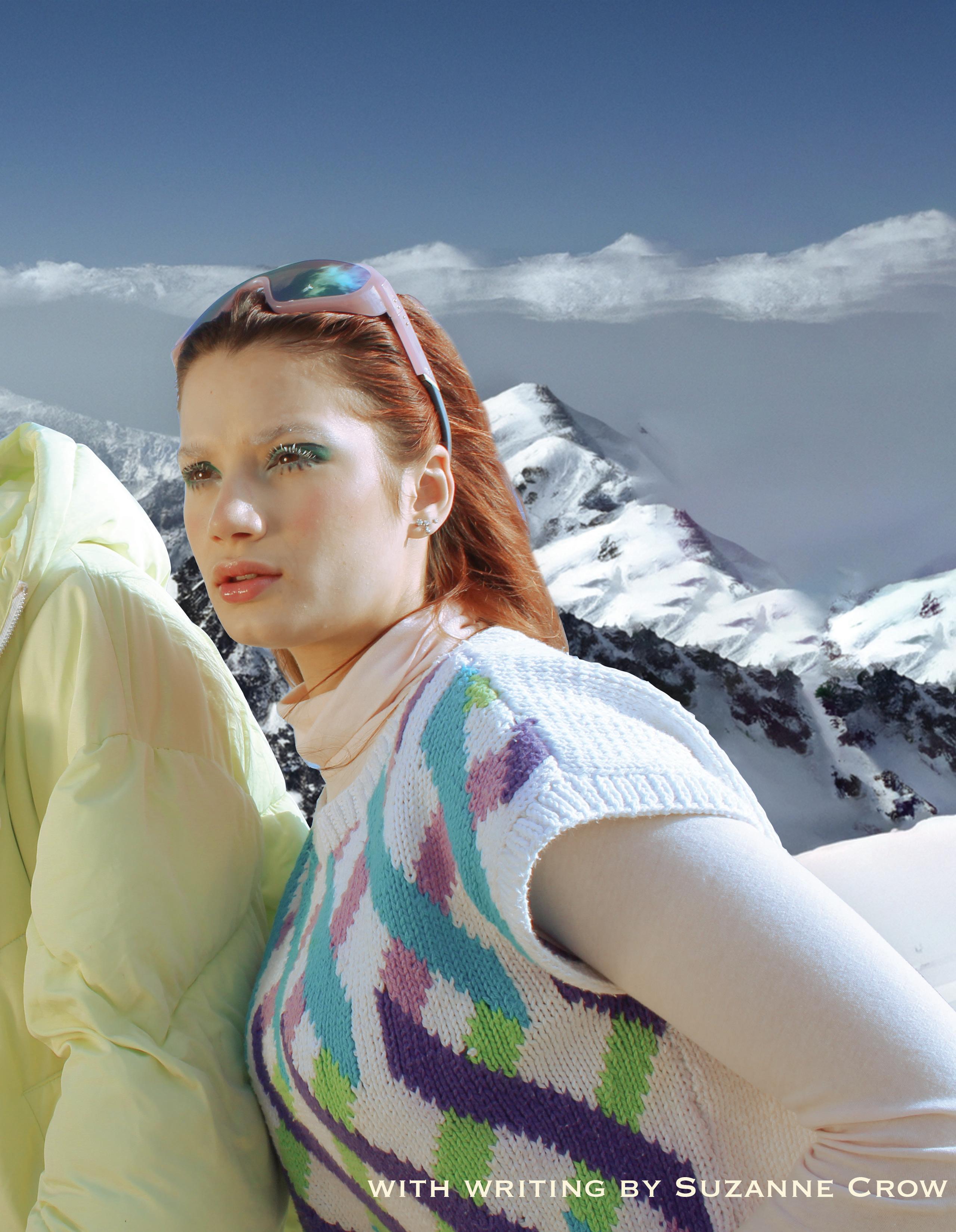







I didn’t grow up in a skiing family. We didn’t take those annual ski trips that everyone else seemed to take. With mentions of broken bones and torn ACLs, I couldn’t conceptualize how anyone came back excited for more from spring break ski trips. It wasn’t until I was 16 that I got to learn for myself what skiing is like. My family took a trip to Vail, Colorado, with plans for me to ski with my aunt while the rest of my family hung out in the city (I should’ve gone with them). I wanted to learn how to ski more because of who I wanted to do it with — this time with my aunt and (I thought) in the future with my friends.
I romanticized the parts of skiing I knew were true: the cold weather, the hot chocolate, the mountains, the hot tub at the resort. After a chilly day in the snow, the idea of warming up by the fireplace was a sensation I was looking forward to. Oh how wrong I was.

The actual skiing part was quite the experience for me. The first thing I did (which I’m sure is the first thing everyone does) was put on all of my gear — winter clothes, ski boots, skis, goggles, helmet, and ski poles — which were incredibly hard to walk in and very daunting to put on for the first time. I felt like the Michelin Man, and layer after layer, the task of skiing felt less and less appealing.
Once I was ready to go in my hefty gear, I headed to ski school. Somehow I was the only person who showed up for the class; maybe people don’t like to admit they need to learn something. You would think this would have made me a star, but it didn’t. I quickly realized it would have been much easier for me to have learned how to ski as a fearless child instead of a scared 16-year-old who didn’t want to get injured. I could see three year old’s doing a lot better than me.



After ski school, I hit the slopes with my aunt, who loves skiing and is great at it. She was also very patient with my beginner-level skiing. We started on the bunny and green slopes and then decided to try a blue slope, which was a mistake.
The blue slope turned out to be too tricky for what my new ski skills could handle. It didn’t take me long to convince myself that I was either going to die or get injured. So, I decided to do what one of my friends told me she did when she found herself on a slope that was too hard — scoot down the mountain.
My aunt probably thought I was crazy when I told her what I was about to do, but there was nothing she could say to change my mind. I slowly made my way to the ground, placing my ski poles in my lamp and putting my feet and arms in scooting position. Then, I started scooting down the mountain, slowly but surely. (Embarrassing, I know!) I continued scooting until a very kind ski instructor saw me and coached me on how to get down. Finally making it to the bottom, I decided that skiing wasn’t for me.
Now I know my experience is not the experience of most. Many people love nothing more than the adrenaline rush they get going down a mountain of snow with skis on their feet and ski poles in their hands. For these people, skiing is an escape. It’s an escape to

them, like writing, dancing, and listening to music is an escape to me. Being able to leave reality, even if just for a few moments, is what makes skiing and other forms of escape so enjoyable to many. But for me, scooting down the mountain was the opposite of an escape.















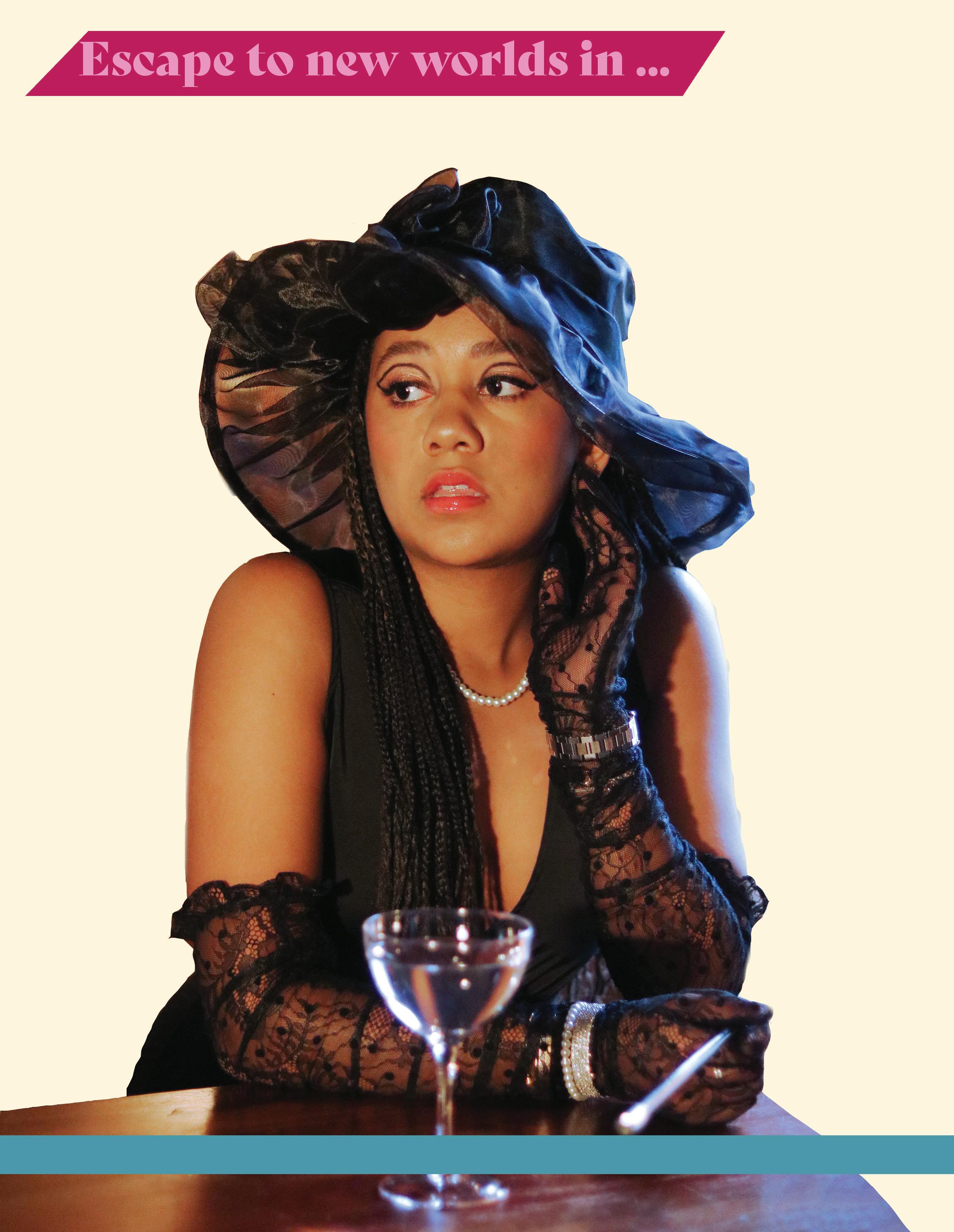










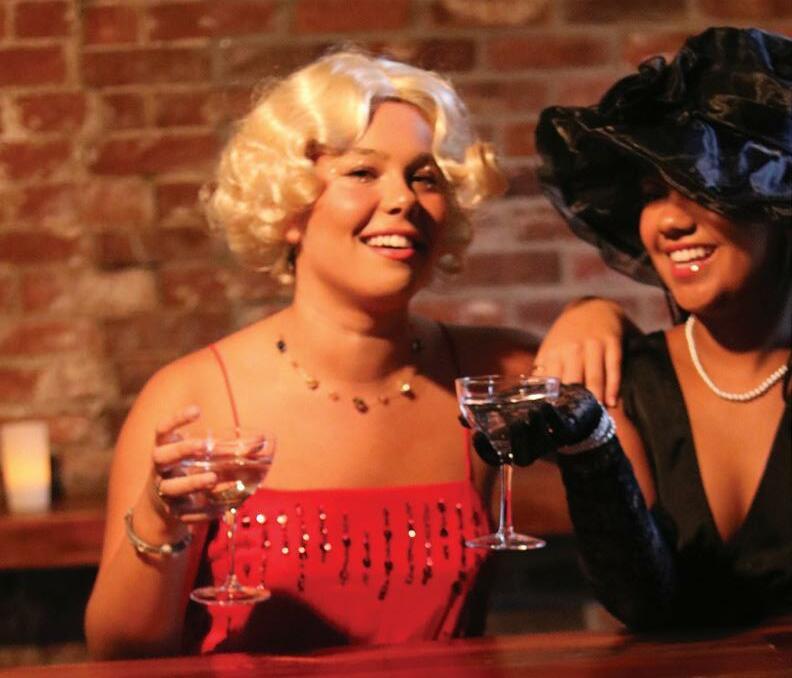








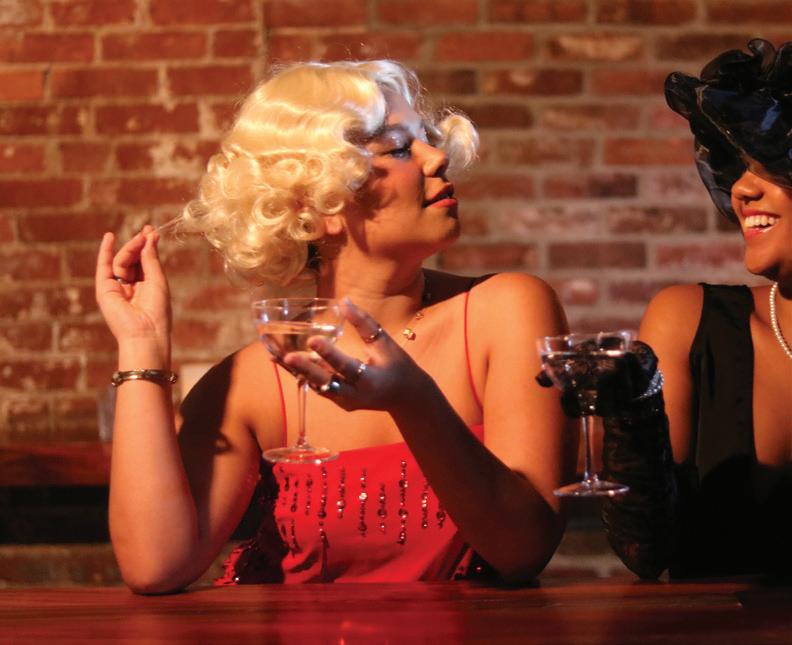

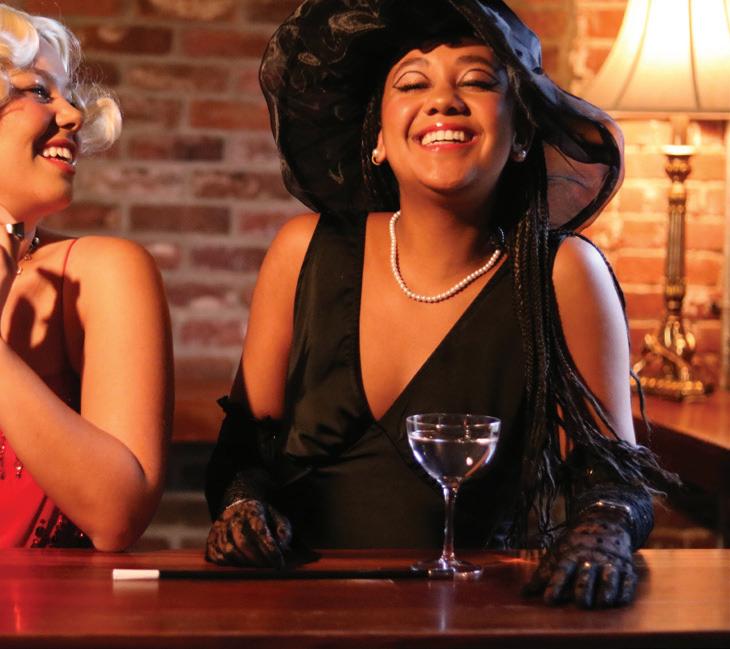













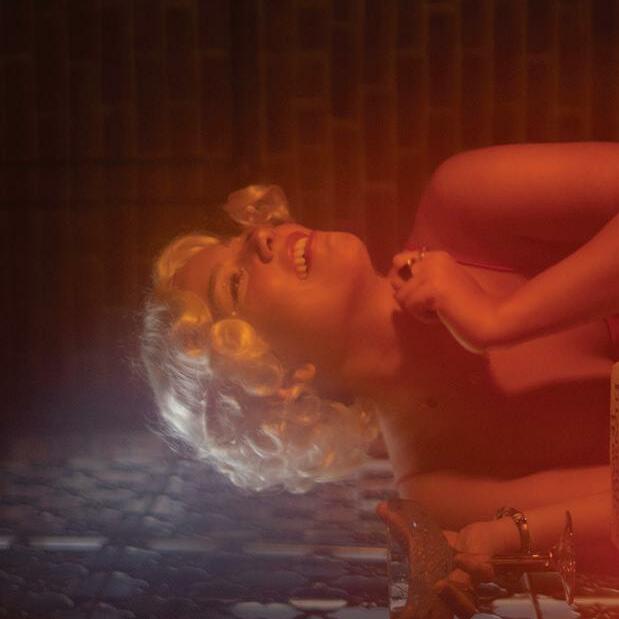





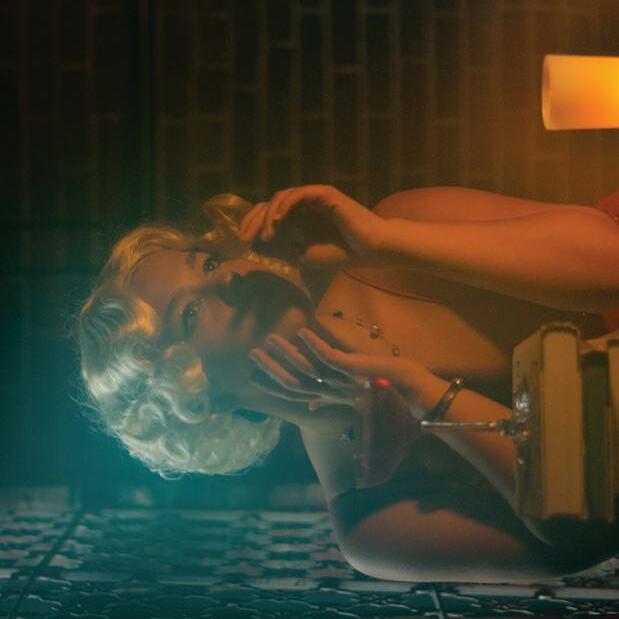





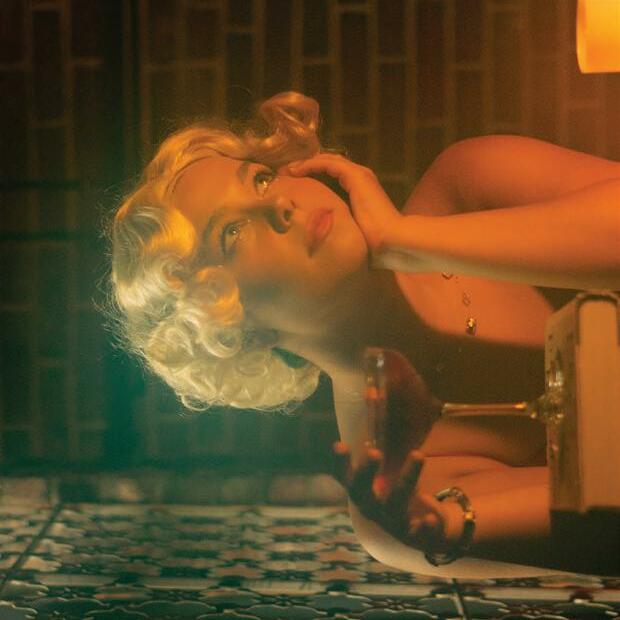



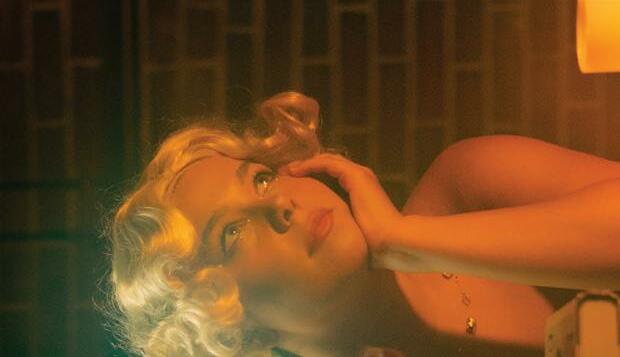
Literature sits on our shoulders and whispers in our ears. It dances around in our dreams, lingers in our minds, and becomes a part of who we are.
Autumn leaves decorate our paths to work and school. We break out our winter coats as our noses turn red and the sound of sniffling noses is par for the course.
But, the sun comes out and the beaches grow crowded. The warm sun hugs you a bit too tight. It’s the shared human experience; that odd way in which our lives seem to cross and connect in the chaos of existing. There is much to be learned in the mystery of living.

That feeling of bliss when you meet someone who loves the same sports team as you listen to the same music, or grew up watching the same TV show is incomparable. We fail to realize how much we long to connect, and how much we long to find common ground with those around us.
Many of us can recall the chore of required reading. Every night, the same dilemma of sleeping or reading arises, where you try to make sense of the pages of a Shakespearean sonnet, which seems like an entirely different language. Your older siblings warn of how boring and dreadful the books they read their sophomore year were, and how much they liked them. These stories connect us in one way or another, through our love or hate, our infatuation or dissatisfaction, we find connection through our shared experience.
Ivy crawling up the trellis, these books grow with us. I find myself engrossed in the same stories I have read before. Flipping the pages with anticipation forgetting I already know the tragic outcome. I am pulled into this flight of fancy where the past is a vacuum and our dreams superceed the sting of reality. I stare into this mirror, a mirror masked by the heartbreaking tale of two people so madly in love that they forget that the world exists and that there are circumstances their love cannot and will not overcome.
Like a ghost at the end of the hallway, these words and stories remind us of the daunting task that is being vulnerable enough to experience life, and with that experience life to its fullest. A ghost looming in the shadows, these stories remind us of the fear that lies within the vulnerability to live life and, all The uncontrollable circumstances that exist beyond ourselves. Often we are on the outside looking in, afraid to open the door and walk inside. Bound to our discontentment by our fear to step out of what is familiar. Gatsby and Daisy’s story could be defined by one decision. Daisy chooses what she knows, she fulfills the expectations of her family and society, and with that, she chooses a life apart from Gatsby. That one moment may have changed the trajectory of her life, but I cannot sit here and say I would not make the same decision. Gatsby is her dream guy so he has goals, and ambitions different from any man she has ever met but she has to wake up. And for a woman at that time her marriage was much less a manifestation of love but a financial proposition.




There is such agony in experiencing the fullness of a story like The Great Gatsby, naively holding onto hope that somehow they will find their way back to one another. Characters shift from just words on a page, to people like us, and we begin to see parts of ourselves in them. These stories live on not only because of the beautiful writing and creative storytelling. These books live on in the beauty of being alive.
While our vernacular changes, the beauty of literature lives on. Behind the Iambic Pentameter is an author trying to bridge the gap between idealism and realism within the bounds of love. While the desire to be loved is unlike any other shared experience, it is inexplicably complex, yet within the pages of these books, it seems so familiar. Literary magic is capturing the rawness of human emotion in a fictional character, it is the beauty of human connection.





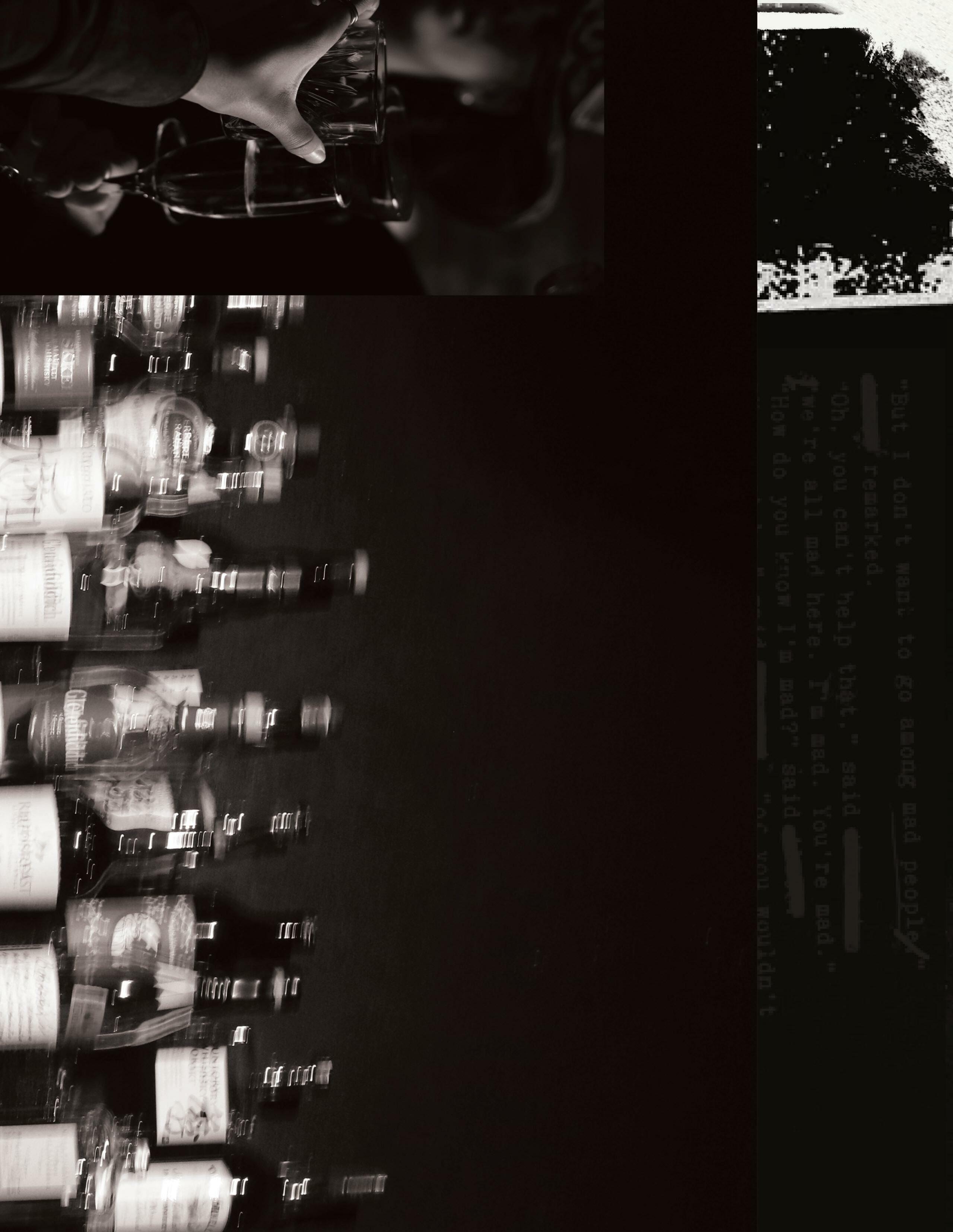



 BY MADERLIN WENG
BY MADERLIN WENG




The romantic conceit of the Wild West painted by Hollywood – the untrammeled land, the vile outlaws, and the heroic cowboys – belied the unpredictability of wildfires and the inevitable loneliness of the American West.
Cattle drives signified the Old West during the late 1800s: a major economic activity for cowboys to herd up to three thousand cattle from San Antonio to California over a three-to-five-month travel period. Regardless, in the 21st century, we romanticize the endeavor of shuttling across the country as an exploration of the unknown – more precisely, escapism.
But the seemingly boundless journey wasn’t forevermore. The mechanization of the ranching system led to the demise of cowboys. The invention of barbed wire and railroad expansion closed the open-range era. The vast land that once allowed these grazing activities was then confined and constrained by barb-wired fences.
I can’t help but question if our idealization of the Wild West is the repercussion of the automated, mechanized world we live in today.
What if the cowboy spirit in us was never tamed?
What if we are all some form of a space cowboy, yearning for an uninhibited and uncharted place?

Space cowboy is an undefined term – space is not entirely fixed in the astronomical sense but rather an endless expanse. It could also be the imagination of the fourth dimension, a virtual tour in Paris, the attic in your grandma’s house, a fantasy world in literature.
The dream world seems so vast and alleviating in comparison to the 9-to-5 rut and the success sequence (get a full-time job, get married, and have kids) that’s built upon the social norms, at least for the moment.
In 2020, when the forced shutdown came unannounced during the spring of my freshman year, I feared a part of me would dissipate with the lost time that I could never claim back. The 16-hour flight back home to Taiwan was unprecedentedly excruciating and surreal. I flipped through my photo album for countless nights, trying to capture real-time – the Friday skating ritual at Steriti, the sleep-over movie nights during weekends, and even lecture slide pictures that I never thought I’d revisit.
Looking back, it was counterintuitive to think that the time I lived in was false and that the time I tried to relive was true. It felt like I was abandoning real life as the world left us behind, and only the photos on my phone would bring solace. However, the lockdown also stimulated our creative minds and our identity as space cowboys. Some became experts in crafts and crochets; a few mastered being imposters; many liberated themselves through making art (Thanks Taylor for Folklore and Evermore). In some shape or form, these are all ways to escape, and I like to attribute these activities to our yearning for aliveness and reconnection, as well as our defiance of feeling abandoned by the world.

Whenever my inner peace is threatened, whether from heartbreak or confronting the dissonant values I hold against society or my family, I put on the imaginary cowboy hat and
turn to songwriting and poetry. I get lost in the sea of words and the streams of melodies to escape the hecticness for even one night. It’s almost cathartic to construct words and vitalize them by tying them together with music. At that moment in time, I allow my intuition to guide the subsequent note and word.
Escapism is never an excuse for avoidance but rather it acts as a conscious choice and as a reset button. I remember a particularly stressful week when I almost cried halfway through a midterm. A voice kept saying, “I just want to disappear.” After the exam, I went straight to my favorite restaurant, The Daily Catch in Brookline without a second thought. The gloomy, rainy weather contrasted with the warm ambiance inside the restaurant. I ordered the calamari pasta and pulled out my comfort book, one that consists of Chinese prose poetry. It was a short yet necessary endeavor, but it was then I felt revitalized, cherishing the alone time I spent escaping into the author’s created worlds.
As space cowboys, we live in the moment. Escapism is like a two-day getaway from Boston to New Hampshire – we’re running away but just for a short term.

If we’re lost forever, the concept of Escapism might not be sustainable. But as long as we keep questioning, “where do we go from here,” then there is no reason to care about the destination, because how you get there is the worthier part.



















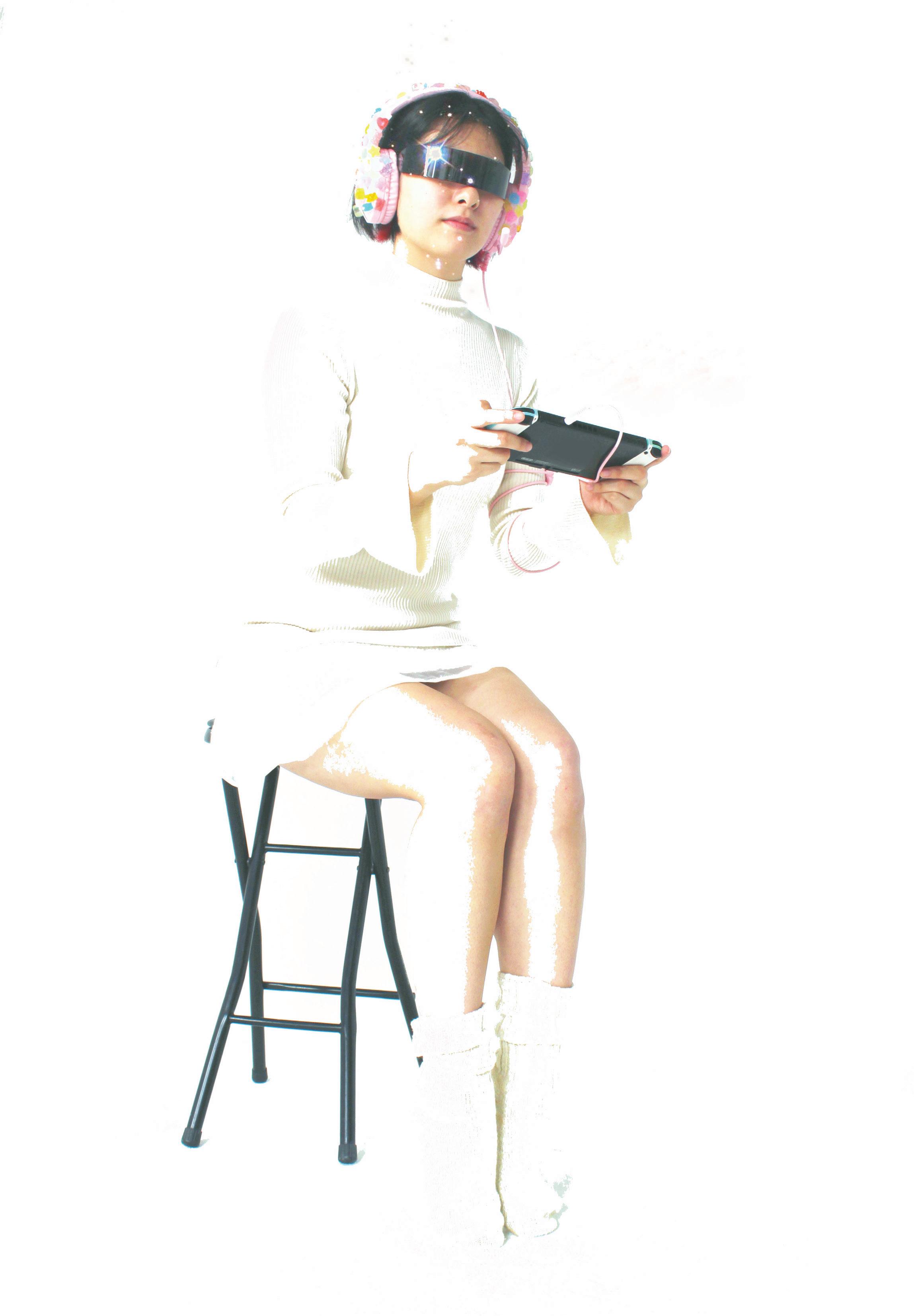






 By Sidney London
By Sidney London
If I look into the screen, I live in a heavenly bliss of perfection. Surrounding me are tanned, sun-kissed bodies, all hot to the touch.
I turn to my left. I see skin so smooth, it was as if it was airbrushed by the good gods above.
I turn to my right. I see teeth so white, they remind me of the sugar sweet snow that is so excitedly awaited on Christmas morning.
Everywhere I look, I see people with a picture-perfect dazzle in their eyes, people who have luscious locks of hair spun by pure gold, and people with bodies that hug every curve like the ocean: gentle and in calming waves.
If I live in the screen, I live in a divine metropolis of perfection.
I look at the girl in the mirror, and she is not the same. She’s so pale it is as if she was injected with ivory, cool and clammy to the touch. Skin so bumpy and textured, you could call it a maze, maybe you will get lost in all the imperfections. Her teeth look rough and jagged, like the dangerous rocks that line the ocean, the ones you are always told to swim away from. The dazzle in her eyes was once luminous, but now it’s tainted by sadness. Her hair is the color of muggy dirt puddles after a storm. Her curves are not beautiful like the ocean, but instead like unraised bread, lumpy and unsure of its formation.
We are not the same.














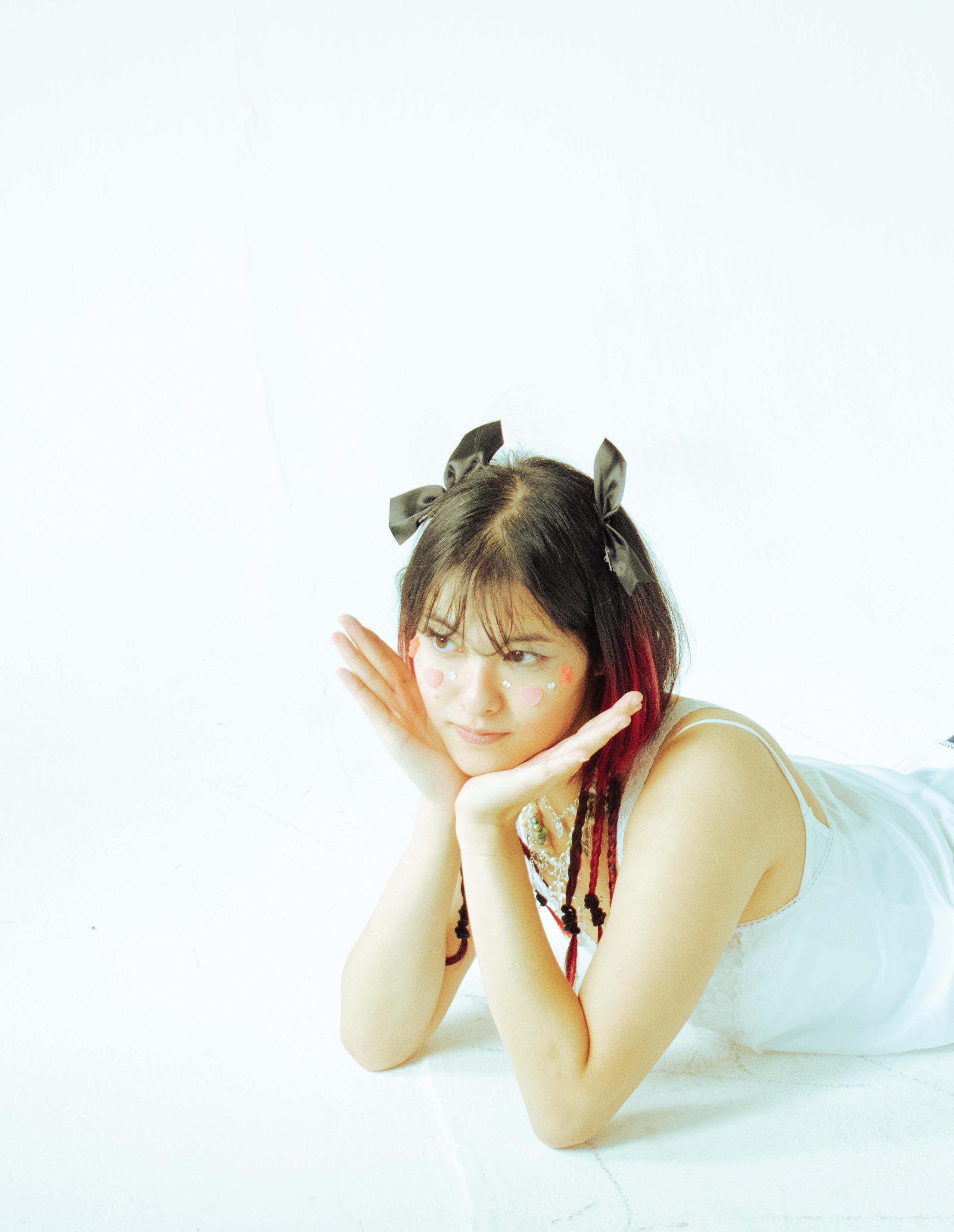










Sometimes airports are more like malls, overrun by storefronts and crowds, places to visit rather than just leave from. Other times, they are bare, and it is hard to even buy a coffee. A Starbucks may be replaced by a Pret a Manger, and the voices on the loudspeakers may speak different languages, but they all feel the same. They follow the same patterns of bustle and dim. Time stretches out and becomes unrecognizable.
You forget where you are.
There is a cacophony of sound, of planes taking off, of silverware clinking together with the clacking of heels and the rolling of suitcases. They all smell the same: like anticipation, like summer vacation, like a redeye over the Atlantic. They smell like a well dressed woman’s Chanel perfume and the sweat of a backpacker finally returning home.
Someone is drinking wine alone at 7 am, and someone else just spilled coffee on their white shirt. The voices of strangers mix together, and they are everywhere. You did not know there were so many people in the world. You knew but it never felt so real.
Each stage narrows down the strangers. At the check in counters, families kiss each other goodbye. They cry about leaving their people behind and about their bags being overweight. You see the contents of these stranger’s bags– the contents of their lives–open on the ground, like bodies being operated on. You try and make out how many pairs of pants they packed. You guess how many days they will be away for and if they are more of an Airbnb or hotel person.
In the security line, you look at couples and wonder how long they have been together, who said I love you first. You wonder how many months pregnant the woman is, if she is having a boy or girl, how old the teenager is, if it is her first time flying alone.
You wonder if anyone is escaping, from a person or place or just the mundanity of everyday life. Here everyone is fleeing something and running toward something else.

You are all barefoot on the same floor, taking off belts and watches, apologizing for your liquids together. It is refreshing to be herded as one, to conform, to follow strange rules and act like they’re normal.



You have to wait for your gate to be announced, and it is a zoo. W.H. Smith is always there. You buy M&M’s because your best friend always flys with M&M’s. You like feeling like she is there with you. Sometimes she is. You read the backs of books and wonder who buys them. You wish you read slower. You have to bring a Kindle on trips.

The gate is ten minutes away. You walk in step with strangers and wonder which ones will be on your flight. As they split off, you feel a sense of loss for all the people going to different places.



You won’t see them again. You find a spot at the gate and settle. You drink your water and look at your phone. Your eyes wander around lazily, searching for your seatmate. You know it is fruitless. You have no way of knowing now, but you want to and that is enough.
When it is time to board, you watch people lose patience, itching to get in their seats. You can see it on their drawn faces. They line up early even though they are in the last boarding group. There is a crowd now, and they push against each other, skin touching skin. They recoil, the closeness already too much, but they do not sit back down. They would rather be packed together in this pursuit, in preparation for the proximity of the plane. This is political somehow, who reaches their seat first.
You’re in the middle seat, and you’re the first to sit down in your row. You watch each person as they board, the cute ones stopping short, the old ones walking past you, the babies at the front. You are holding your breath.
Just as it starts to feel like you’ll have the row to yourself, you lock eyes with your seatmates, stand up, and let them in. They are a priest and a middle aged woman. They are both more lived in than you– you are still young. Their lined skin and sunspots are like stamps on a passport, each destination: a mole, a scar, a set of veins. You want to learn from them, but you won’t start a conversation.
They are exhilarating and disappointing, as they always are. You evoke those same feelings in them, you know it, and you wonder what they think of you. Who they think you are.


You are a different person every time you travel. You were once the baby who everyone cooed at, who was held by a stranger while your mom used the bathroom, who smiled at the person sitting behind you. You were the child who watched Kung Fu Panda five times in a row, who fought with your sister, who kicked the seat in front of you. You were the acne-ridden teen who sent snapchats mid-air, who bled through your sweatpants onto the seat, who fell asleep on the (very attractive) man next to you. You’ve flown in pajamas and sweatsuits, jeans and sneakers, dresses and heels. You’ve eaten vegan salads and Katsu Curry, airplane food, and full meals from home. You’ve cried at the Notebook, cried from a broken heart. You’ve been slovenly and beautiful, you’ve been miserable and mad. Time will keep on passing; you’ll travel with your own children, you’ll go gray, your skin will wrinkle and sag. But forever, in this liminal space, you don’t have to be yourself. You too are a stranger.






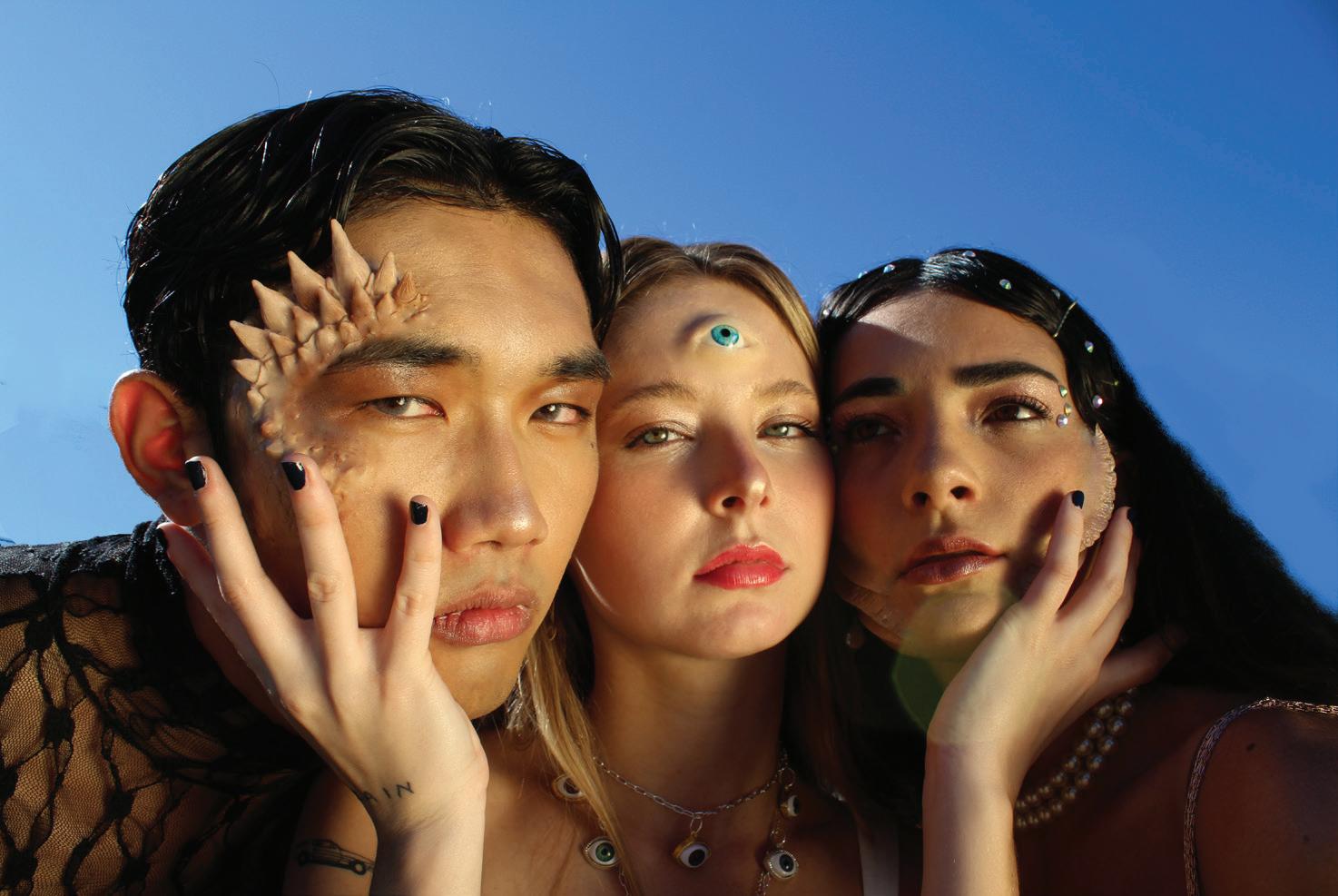


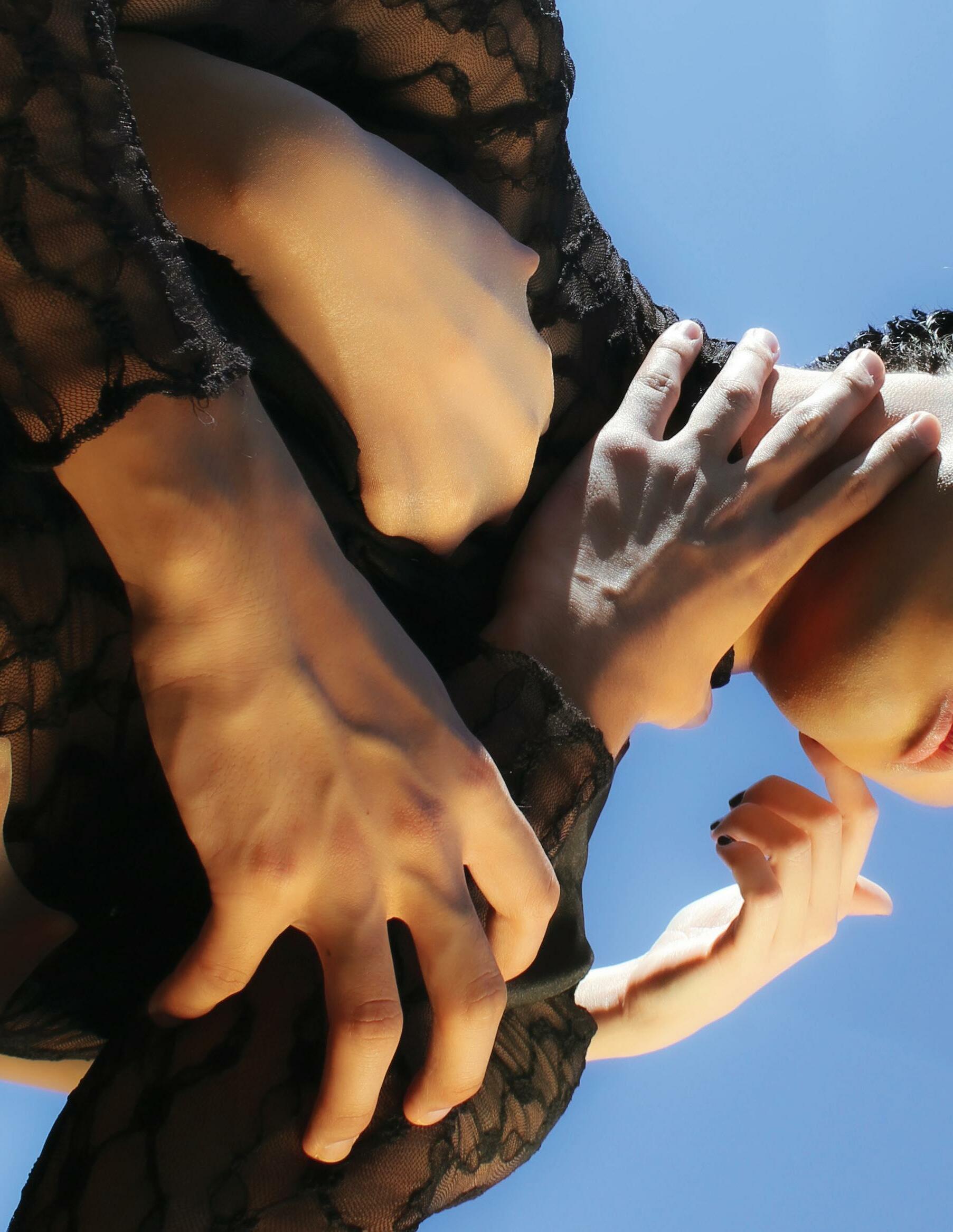





Photographers: Lily Fousse, Julia Goujiamanis, Paige Kahn, Ruofei Shang
Models: Dylan Bauza, Mia Croft, Brian Park
Stylists: Jamie Ludwig, Mia Metni, Cooper Sorin

Makeup Artists: Eva Fournel, Jessie Yang
Art Direction: Morgan Broadhead, Mina Chung, Asjha Malcolm
Writer: Anna Thornley




Definition: an image or representation of a god used as an object of worship or a person or thing that is greatly admired, loved, or revered
Origin: Middle English: from Old French idole, from Latin idolum ‘image, form’ (used in ecclesiastical Latin in the sense ‘idol’), from Greek eidōlon, from eidos ‘form, shape’

Idol, a word originating partially from the Latin word idolum or image, a genesis especially fitting in the context of today’s attention economy that seeks to project a visual aesthetic to assert worth. The social and cultural environment in which one obtains and maintains celebrity status, potentially icon status, has evolved exponentially from when Sonic Youth released “Kill Yr. Idols” in 1983.

Eponymous to its EP, the song “Kill Yr. Idols” is concerned with dismantling the special status of a person or character that often absolves them of criticism or mundanity. Or maybe it really isn’t that deep and “Kill Yr. Idols” is just a petty dig at music journalist and critic Robert Christgau, who gave Sonic Youth a poor review and is thus consequently called out by name. Regardless, this sentiment was championed by the countercultural thinking of the punk movement that centered around the complete expulsion of old paradigms of authority and mainstream celebrities.
Did this phenomenon come to fruition? Short answer: No. Although it’s a bit more intricate than that. I can’t imagine that Sonic Youth was anticipating the rapid transition from an analogue to digital age and the irrevocable effects it would have on one’s experience of daily (social) life. So what does it mean to be an idol today? In a digital age where everything is instantaneous and a picture really does speak a thousand words? Where today’s hero can be tomorrow’s villain.
It’s important to recognize that the online experience of a 13 year old in 2014 (me) and a 13 year old in 2022 (my cousin) is vastly different. I grew up in an era of Instagram, Facebook, Tumblr, and Youtubers. My cousin on the other hand experiences her world through TikTok, Instagram Reels, and BeReal. These platforms facilitate a more comprehensive integration into its users life than their predecessors. The culture around social media usage has changed drastically: through photo dumps, casual posting, and other similar trends it is perfectly acceptable to post every day and every aspect of your life. This content is also increasingly spontaneous and mundane, or at least it is supposed to appear as such. This casual posting and its anti aesthetic aesthetics are as performative as more traditional modes of posting (whatever that means in the world of social media).















We want our idols to of course be good at their art, talent, or their respective activity, but now we expect their character to be “good” as well, whatever that means to each fan. As social media platforms allow us more and more access into the personal lives of our idols there is an illusion of intimacy and shared experience that falsely grants us a say in how our idols behave and even think. Their politics, principles, ideologies, and values start to matter as much as their product: we are losing the ability to separate not only the art from the artist, but ourselves from the artist.
Did we really care in 2011 what Paris Hilton or Justin Beiber thought about the upcoming election? No. What mattered was whether or not Paris slapped Linday Lohan or whether or not Justin Bieber’s new movie Never Say Never was worth the wait. But do we care in 2022 what they think about the upcoming election? Absolutely. Replace Paris Hilton and Justin Beiber with the more contemporaneous Bella Hadid and Harry Styles and you can see how the expectations have evolved completely.
We expect them to align with our values, our beliefs, and often our identity. We don’t just consume their art or media, but the idols themselves. This isn’t completely novel, we’ve always been fascinated by the exceptional lives of others. As the lives of our idols become increasingly public, it runs the risk of two things: the bolstering of a meticulously curated image projection by the idol that is constantly under scrutiny for its level (or lack thereof) authenticity and the devastation when betrayed by your idol runs the risk of relinquishing that escapism.
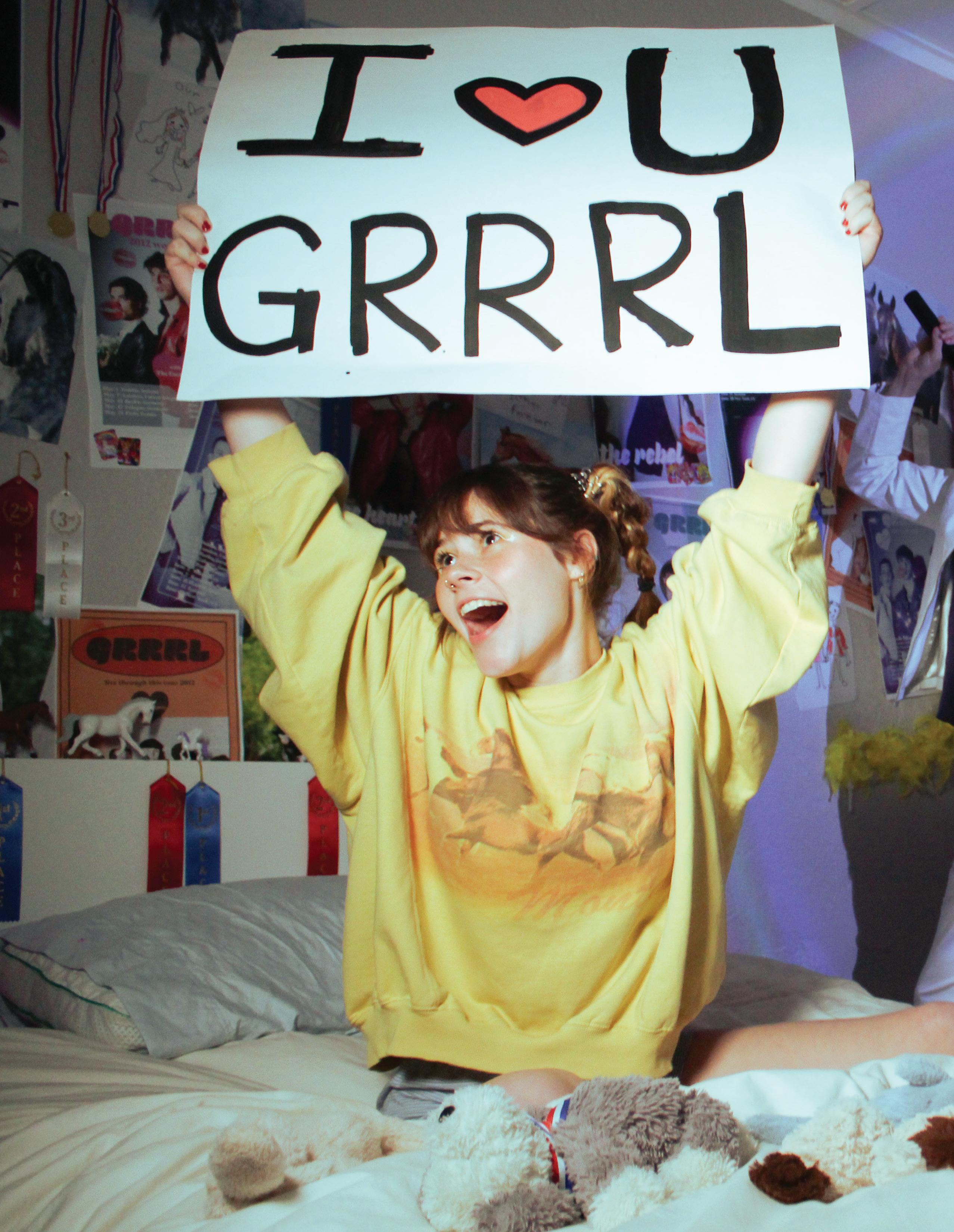





























Special thanks to everyone who contributed to this semesters' issue.

To The People We Never See Again

Kill Yr. Idols: What it means to be in an idol in the Digital Age

Where Do We Go from Here? LIFE IN THE SCREEN